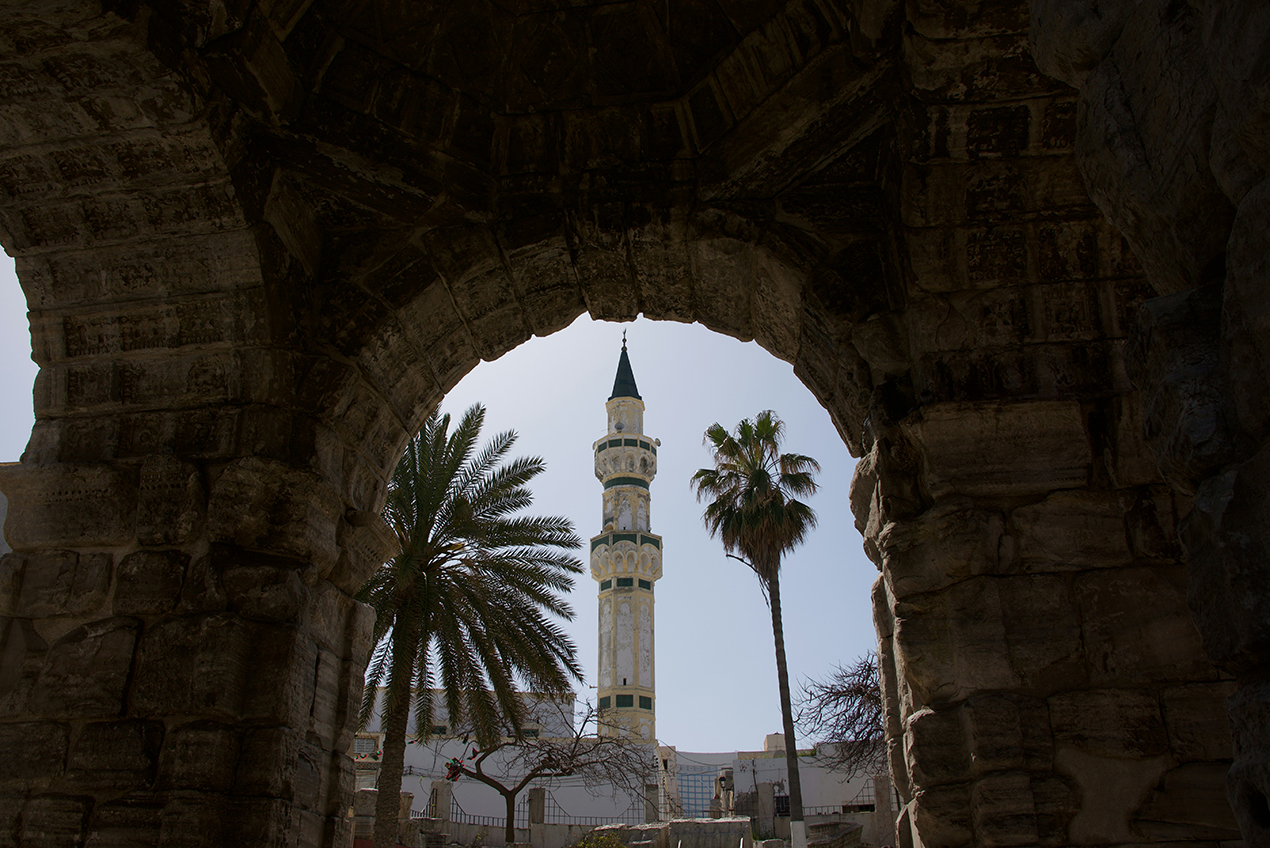News
Libya Decides to Establish Supreme Energy Council
According to Libyan media reports on the 6th, the Libyan government decided to establish the Supreme Council for Energy Affairs, which will be responsible for formulating policies and development plans for Libyan oil and natural gas.According to reports, Libya’s Supreme Energy Council is headed by the government’s prime minister and includes a number of ministers and heads of relevant agencies, as well as an advisory committee composed of energy experts. The Energy Commission will be responsible for handling various national energy-related matters, including formulating energy policies and plans, evaluating the implementation of oil and natural gas investment and extraction plans, and coordinating with relevant departments to better utilize and develop energy.
It is reported that Libya's current oil reserves are about 40 billion barrels, but more than two-thirds of the country's land area has not yet been geologically explored. Some predictions show that Libya's potential oil reserves may exceed 100 billion barrels. In addition, Li's natural gas reserves are approximately 51 billion cubic feet. In recent years, Liberia has increased investment in the energy sector and plans to increase oil production from the current 2 million barrels per day to 3 million barrels by 2013.
In recent years, Liberia has increased investment in the energy sector and plans to increase oil production from the current 2 million barrels per day to 3 million barrels by 2013.
Oil is the lifeblood and main pillar of the economy. Oil production accounts for 50-70% of the gross national product, and oil exports account for more than 95% of the total export value.
Thanks to growing oil revenues, Libya has become a country with no foreign debt and ample foreign exchange reserves. The per capita national income of Liberia was US$1,790 in 1970, reached US$8,770 in 1980, and reached a new level in 2008, reaching US$12,000.
According to Ashura Tribile, Deputy Minister of Economic Planning of Libya, recently revealed to the media that in order to improve people's livelihood and improve people's living standards, Libya has formulated a three-year development plan, focusing on the development of economic infrastructure construction, and allocating the national budget to 50% of the total was used for infrastructure construction, with US$19.2 billion invested in the first half of this year. Therefore, Libya is currently full of construction sites from cities to rural areas, from the northern coast to the south, showing a thriving construction scene.

RELATED NEWS
- BANDON Heat Pump Heating System Winter Start-up Guide
- The 4th "BANDON Air Source Cup" 2024 Concluded Successfully
- Algeria’s Minister of Interior Praises the Group’s Photovoltaic Power Station
- Global Oil Production Declines Slightly, Renewable Energy Grows Rapidly
- Interview with Zhu Huanlin, General Manager of Xianxian Jinjia
